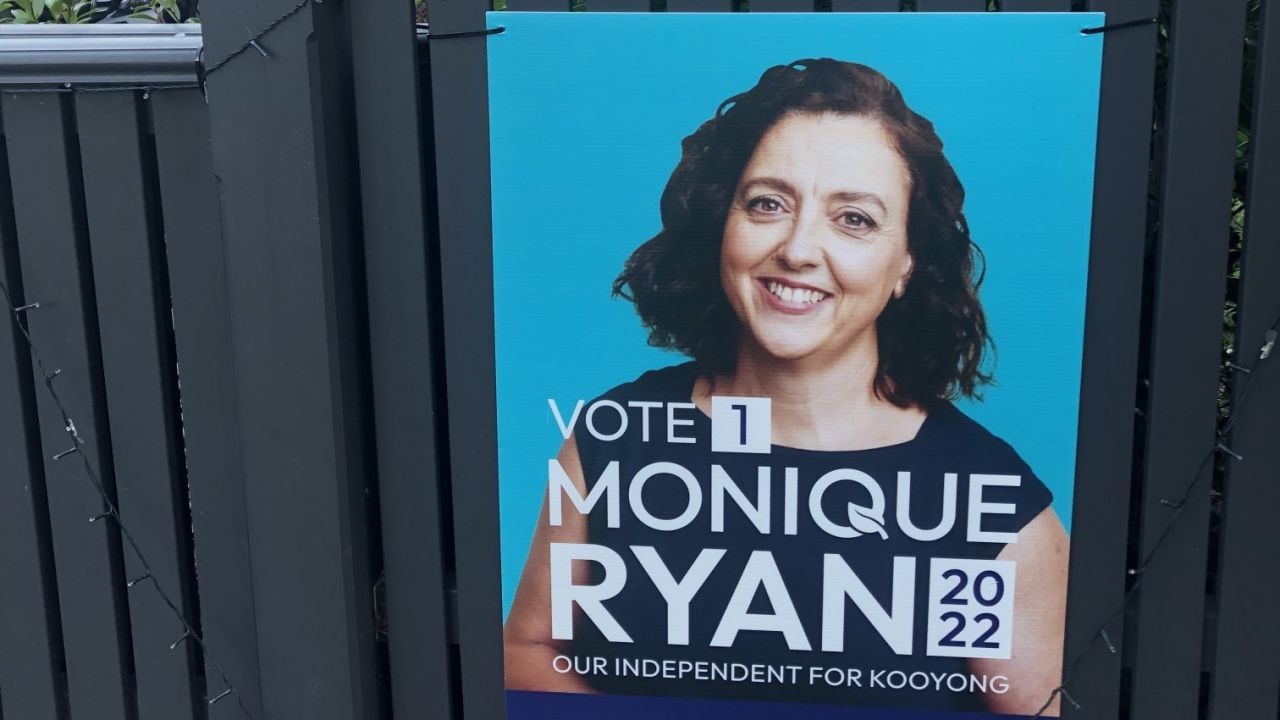In the dynamic realm of New Zealand's housing market, foreign investors have long been both celebrated for their economic contributions and scrutinized for their perceived impact on affordability. The allure of New Zealand's landscapes, coupled with a stable economy, has attracted numerous international buyers. However, the real question remains: how do these investors profit from the local housing market, and what does this mean for sustainability and the future of real estate in New Zealand?
Understanding New Zealand's Housing Market Dynamics
Over the past decade, New Zealand has experienced significant growth in property values. According to Stats NZ, property prices have surged by approximately 50% since 2010, making it one of the hottest real estate markets globally. This rapid rise has been fueled by a combination of factors, including limited housing supply, increasing demand, and foreign investment.
Foreign investors have capitalized on these trends by purchasing properties in key locations such as Auckland and Wellington. The government's 2018 ban on foreign buyers for existing homes aimed to curb speculation, but investors with long-term strategies continue to find opportunities through new builds and commercial real estate.
Case Study: How a Foreign Investor Navigated the Market
Let's delve into a real-world example to understand better how a foreign investor profited from New Zealand's housing market.
Case Study: Global Realty Ventures – Strategically Capitalizing on New Builds Problem:
Global Realty Ventures, a UK-based investment firm, sought to expand its portfolio by investing in high-growth markets. New Zealand's restrictive policies on existing homes presented a challenge, limiting their options for traditional property purchases.
Action:
To circumvent these restrictions, Global Realty Ventures shifted focus to new property developments, particularly in emerging suburbs of Auckland. They partnered with local developers to fund and manage residential complexes, capitalizing on the high demand for new housing.
Result:
Within three years, the firm saw remarkable success:
✅ **Property value appreciation:** Averaged **15% annually**
✅ **Rental income increase:** Yielded **8% annual returns**
✅ **Portfolio growth:** Expanded by **30% in New Zealand alone**
Takeaway:
This case study illustrates the potential for high returns through strategic investments in new developments, emphasizing the importance of adapting to local regulatory landscapes.
Data-Driven Analysis
Insights from the Reserve Bank of New Zealand reveal that foreign investments in the housing sector contributed to a 5% increase in property values between 2015 and 2020. Despite restrictions, foreign capital remains influential, with investors targeting high-demand areas and new projects.
Furthermore, a report from the Ministry of Business, Innovation and Employment (MBIE) suggests that while foreign investments can drive up prices, they also contribute to the construction of needed housing stock, potentially stabilizing long-term market conditions.
Pros and Cons of Foreign Investment in New Zealand's Housing Market
Pros:
- Capital Influx: Foreign investment brings in significant capital, fostering economic growth and job creation.
- Development Incentives: Investment in new builds boosts the housing supply, addressing shortages.
- Global Integration: Enhances New Zealand's global economic integration, attracting international talent and businesses.
Cons:
- Affordability Issues: Increased demand from foreign buyers can drive up property prices, impacting affordability for locals.
- Cultural Impact: Heavy foreign investment may alter the cultural fabric of communities, leading to potential social tensions.
- Market Volatility: Reliance on foreign capital can lead to market vulnerabilities, especially if international investors withdraw suddenly.
Common Myths and Mistakes in Foreign Investment
Myth 1: Foreign Investment Always Drives Prices Up
Reality: While foreign investments can influence prices, they also fund new developments, which can stabilize the market over time.
Myth 2: All Foreign Investors Are Speculative
Reality: Many investors seek long-term growth through strategic development projects rather than short-term gains.
Myth 3: Restrictions on Foreign Buyers Will Halt Price Increases
Reality: Despite restrictions, local demand and limited supply continue to drive price growth.
Future Trends and Predictions
The future of New Zealand's housing market will likely see an increase in eco-friendly developments as sustainability becomes a priority. According to the University of Auckland, green buildings are expected to constitute 30% of new constructions by 2028, driven by both local and foreign investments.
Moreover, with advancements in technology and data analytics, investors will have better tools to assess market conditions and make informed decisions, potentially leading to more stable and sustainable investments.
Conclusion
Foreign investment in New Zealand's housing market presents both opportunities and challenges. While it can drive up property values and impact affordability, it also contributes to economic growth and housing supply. For investors, understanding local regulations and leveraging new development opportunities are key to success.
As the housing market evolves, embracing sustainability and utilizing data-driven insights will be crucial for future investments. What are your thoughts on the impact of foreign investment in New Zealand's housing sector? Share your insights below!
People Also Ask
- How does foreign investment impact New Zealand's housing market? Foreign investment can drive up property values but also funds new developments, contributing to housing supply and economic growth.
- What are the biggest misconceptions about foreign investment in NZ housing? A common myth is that foreign investment solely drives up prices. However, it also supports new developments, stabilizing long-term market conditions.
- What strategies can foreign investors use in NZ's housing market? Investors should focus on new developments and partner with local developers to navigate regulations and capitalize on high-demand areas.
- How will sustainability trends affect NZ's housing market? By 2028, eco-friendly developments are predicted to make up 30% of new projects, driven by both local and foreign investments.
Related Search Queries
- Impact of foreign investment on NZ housing market
- New Zealand housing market trends 2024
- Sustainable housing developments in NZ
- Foreign investment regulations in New Zealand
- Eco-friendly property investments NZ


































Tuition Oxidation
7 months ago